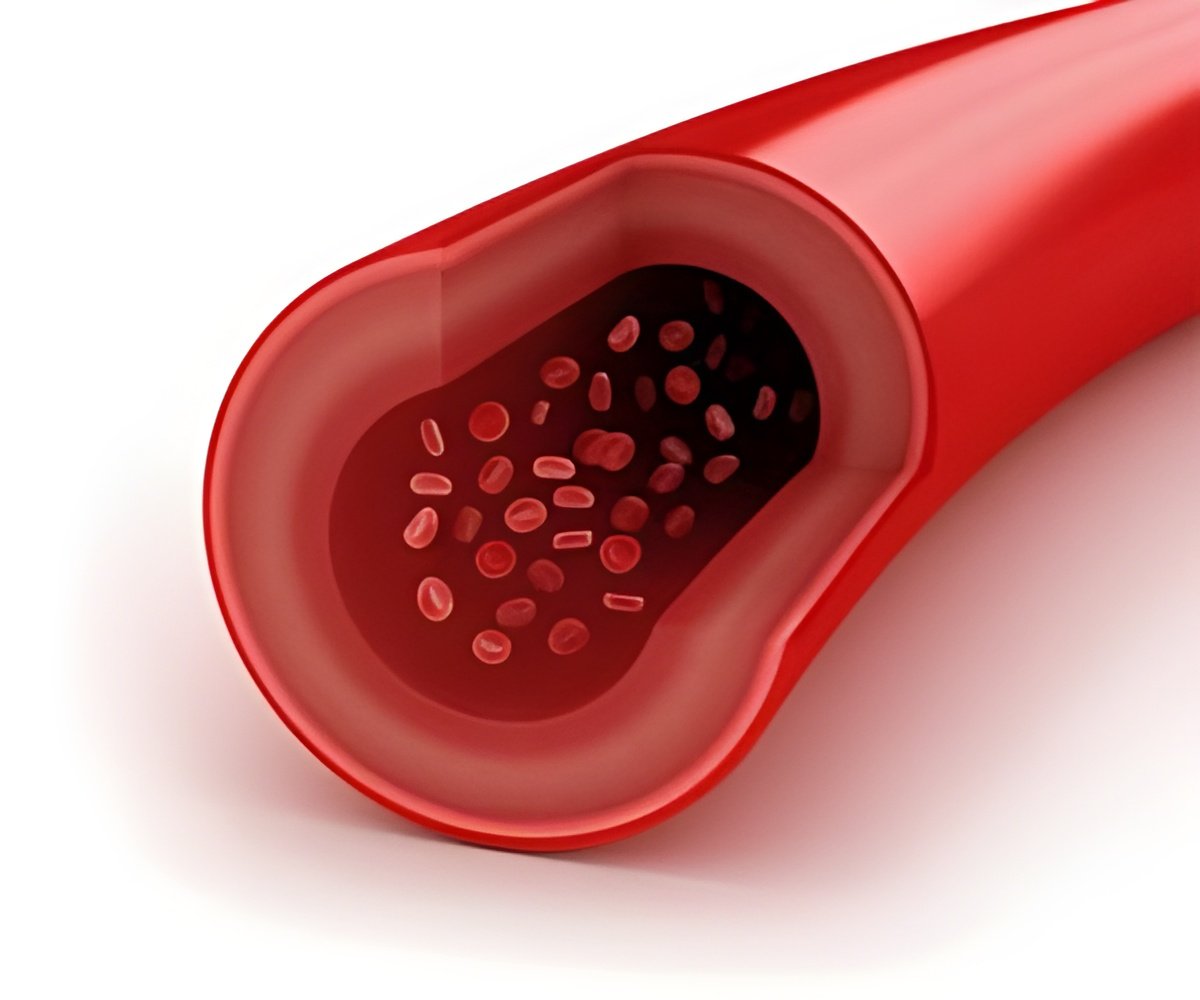An artificial blood vessel may have significant implications for future development of endovascular technologies, including reducing the need for animal models.

"This work offers significant promise going forward," said Dr. Alexander Khalessi, director of endovascular neurosurgery and surgical director of neurocritical care at the University of California - San Diego Health System. "The artificial model could represent a practical, scalable and physiological alternative to existing technologies," Khalessi noted.
For example, in treating cerebrovascular disease that covers a group of dysfunctions related to blood supply to the brain, doctors in certain cases must perform endovascular thrombectomies where they mechanically remove the emboli or clots.
The rate of endovascular thrombectomies is rising, but the approach, which typically involves running a catheter to the site of the blockage and using one of several marketed devices to remove the clot, can be improved, Khalessi said.
Current pre-clinical analyses of new therapeutic approaches or devices is limited to either in vitro glass or plastic tubing testing intended to mimic biological counterparts or by using animal models, such as pigs.
"Both of these have significant drawbacks," Khalessi said. The researchers developed a novel in vitro live-cell platform that allows direct visual characterization of effects and injury patterns to endothelial cells (ECs).
"We found that the in vitro platform permitted high-resolution quantification and characterization of the pattern and timing of EC injury with various thrombectomy devices and vessel diameters. The devices each displayed different effects," Khalessi noted.
Source-IANS
 MEDINDIA
MEDINDIA




 Email
Email








